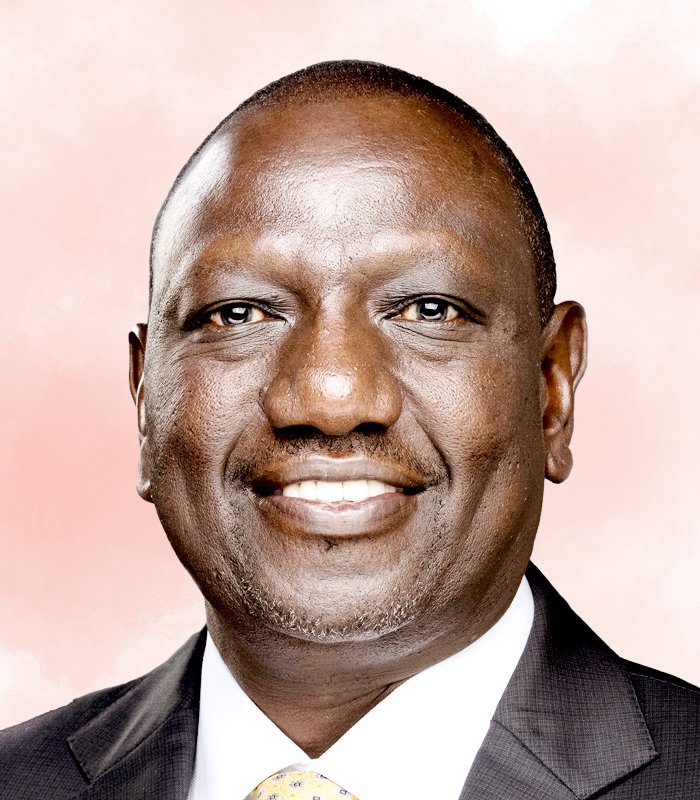Francis Kéré, founder of Kéré Architecture, is an influential African architect known for innovative works that are deeply rooted in sustainability principles. His design approach has been implemented in projects around the world, and his work has been commissioned for statehouses in Burkina Faso and Benin. In 2022, he became the first Black person and African to win the prestigious Pritzker Architecture Prize.
What is the single most important action you think the public, or a specific company or government, needs to take in the next year to advance the climate agenda?
While I may not be a politician, philosopher, or intellectual, I have been deeply immersed in sustainability and climate action throughout my career. Having worked on projects in resource-scarce regions like Burkina Faso, I’ve witnessed firsthand the necessity for immediate change. What I believe is fundamental for all of us, regardless of our roles, is to cultivate a profound awareness that change is imperative, and it is required urgently. The climate challenge is not a distant future scenario; it’s a present reality. Each and every one of us should internalize the urgency of this change in our daily lives. It’s not exclusive to politicians, companies, or any particular group; it’s a collective responsibility that we must embrace now.
What sustainability effort do you hope will gain popularity with the general public this year, and why?
I’m optimistic that a shift towards reducing energy consumption will gain popularity among the general public this year. Understanding the finite nature of our environment, this change not only contributes to addressing climate change and global warming but also aligns with the needs for resource regeneration. The realization that people can maintain comfortable and fulfilling lives while using less energy is not just about sacrifice; it’s about redefining our lives for a more sustainable and happier future, leaving a better world for future generations.
As we are constructing our buildings in Burkina Faso, Kenya, or Benin, it has become evident that the core foundation of these projects is rooted in the concept of low-energy materials and building elements that have a minimal to negligible impact on the energy consumption of these buildings. Our focus lies on renewable materials that do not ask a heavy toll in fabrication, or transportation, to the construction site. In this way, we are able to limit the impact that we have on the environment.
Where should climate activism go in the next year?
It is very hard for a generation so motivated and so engaged with such deep goals and intentions to be heard by everyone. Despite facing resistance, it’s crucial that this determination to change isn’t suppressed. I envision climate activism evolving through collaboration and inclusivity. Activists should work together with governments, businesses, and individuals to translate their goals into tangible and measurable results. The goal should be to bridge the gap between raising awareness and achieving real change. By engaging people from diverse backgrounds and perspectives, we can address climate change as a global issue that affects all. I’m looking forward to seeing collaboration across all layers of society, propelling the climate agenda forward.
- Cybersecurity Experts Are Sounding the Alarm on DOGE
- Meet the 2025 Women of the Year
- The Harsh Truth About Disability Inclusion
- Why Do More Young Adults Have Cancer?
- Colman Domingo Leads With Radical Love
- How to Get Better at Doing Things Alone
- Michelle Zauner Stares Down the Darkness





